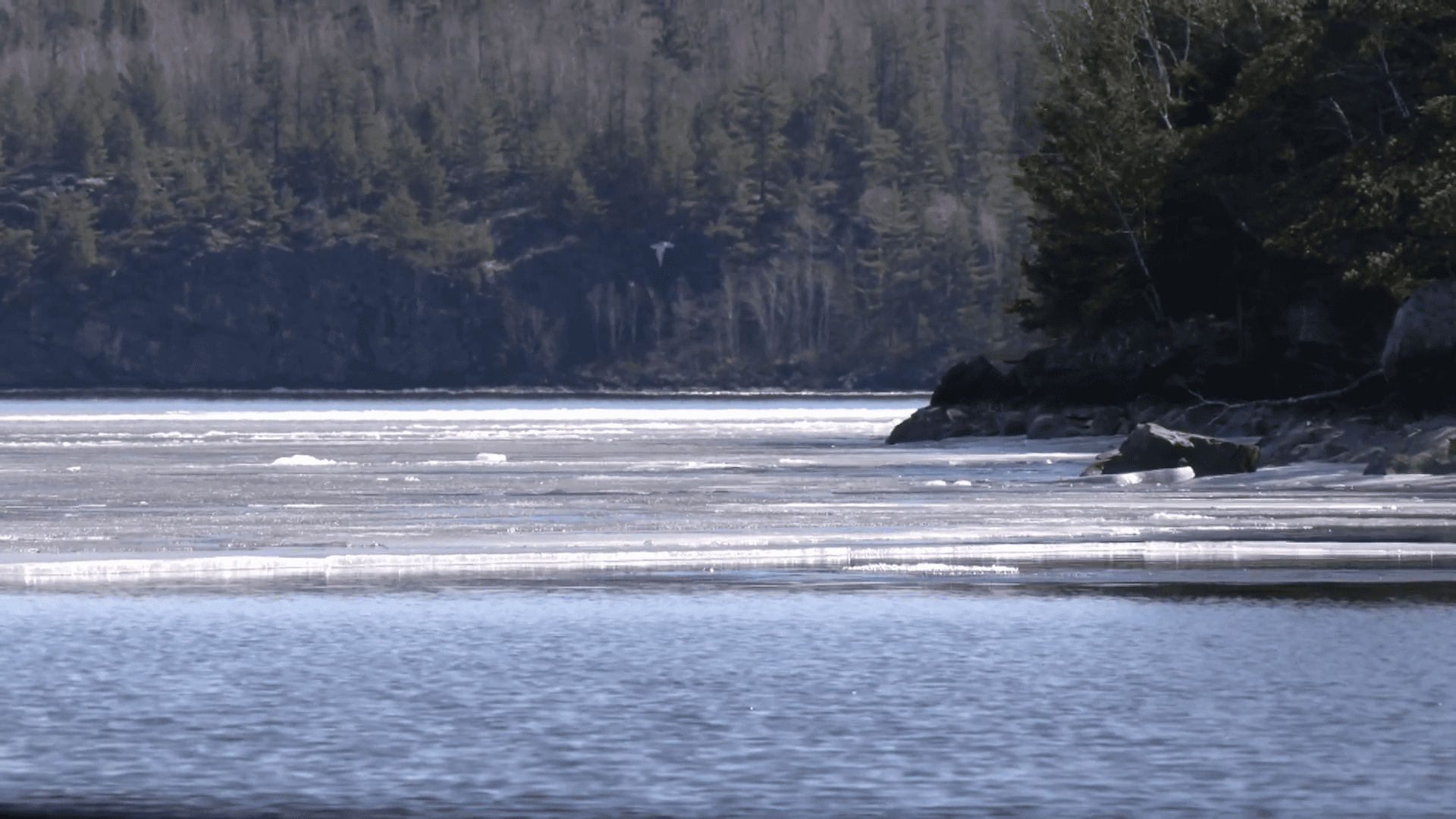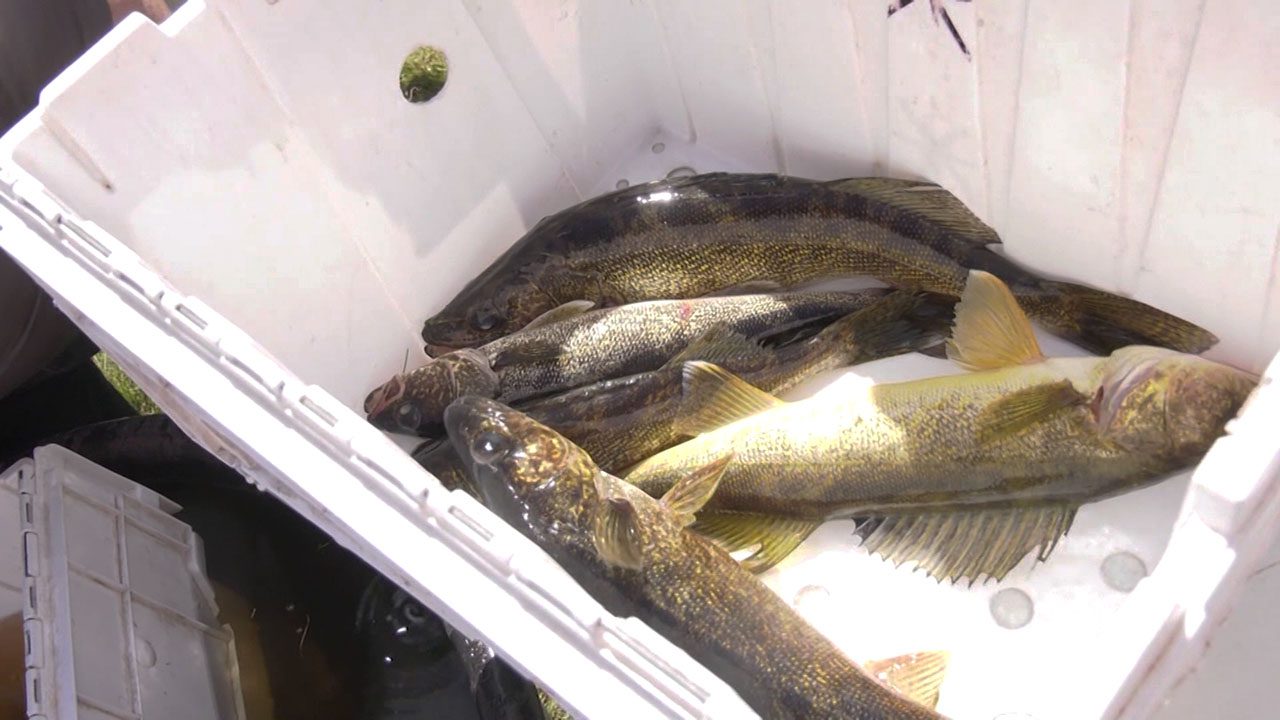Investigating the Impacts of Extreme Weather
You have heard it said many times. Our region experienced one of the mildest winters on record during the 2023/24 season. During the month of May, WDIO will take a deeper look into the impacts that our extreme weather is having on the Northland.
Our team will investigate how we need to adapt to the extreme weather patterns for our health, our wildlife and for industry.
On Wednesday, May 1: Lack of ice on lakes and how our waterways respond this summer.
A warm and snowless winter frustrated countless Northlanders wanting to ski, snowmobile, and ice fish. Meteorologist Brandon Weatherz will highlight the impacts felt by those whose need for reliable ice goes beyond recreation. He’s also helping us plan for how lakes will respond going into this summer. Scientists anticipate our rivers and lakes will continue a recent trend toward increasing algal blooms. Find out what hazards come with that and how to spot warning signs before your family and pets head into the water.
It’s a matter of degrees: How warmer lake waters impact recreation and our health
The lack of ice on area lakes this winter means lower lake levels and warmer waters. Both can impact our recreation.
On Wednesday, May 8: The impacts extreme weather has on fishing and wildlife.
People who enjoy fishing on our Northland lakes, rivers, and streams are noticing diminishing fish habitat. Chief Meteorologist Justin Liles explains how scientists are working to curve the problem and have noticed other wildlife behavior patterns shifting too.
How our extreme weather is impacting fish and wildlife in our region
People who enjoy fishing on our Northland lakes, rivers, and streams are noticing diminishing fish habitat. Chief Meteorologist Justin Liles explains how scientists are working to curve the problem and have noticed other wildlife behavior patterns shifting too.
On Wednesday, May 15: The impacts on our shipping industry
The lakers people love to see moving under the Lift Bridge may have to load lighter this year. More evaporation on the lakes due to little ice cover, and less than usual snow melt are some factors. Lower water levels means the shipping industry has to adapt to the current conditions. Reporter Renee Passal looks into how ‘normal’ levels are becoming more rare.
The shipping industry is always watching water levels, and the warm winter was not helpful
A look at how the mild winter is impacting lake levels, which is something the shipping industry monitors quite closely.
On Wednesday & Thursday, May 22 & 23: How Duluth could see a population boom
Duluth is considered by many as a destination spot for those moving away from areas more likely to have wildfires, sea level rise, and other extreme weather issues. Meteorologist Sabrina Ullman talks with experts on why the Zenith City stands out and dives into whether the housing and infrastructure could handle a potential influx of people.
Could Duluth’s housing stock handle a population increase?
Duluth used to house 110,000 people. Despite only having 86,000 now, there is not enough housing stock for the current population.
Is Duluth becoming one of the nation’s ‘climate refuge’ cities?
What is drawing people to Duluth? Climatologist’s say the cities culture and Lake Superior are drawing in new residents.




